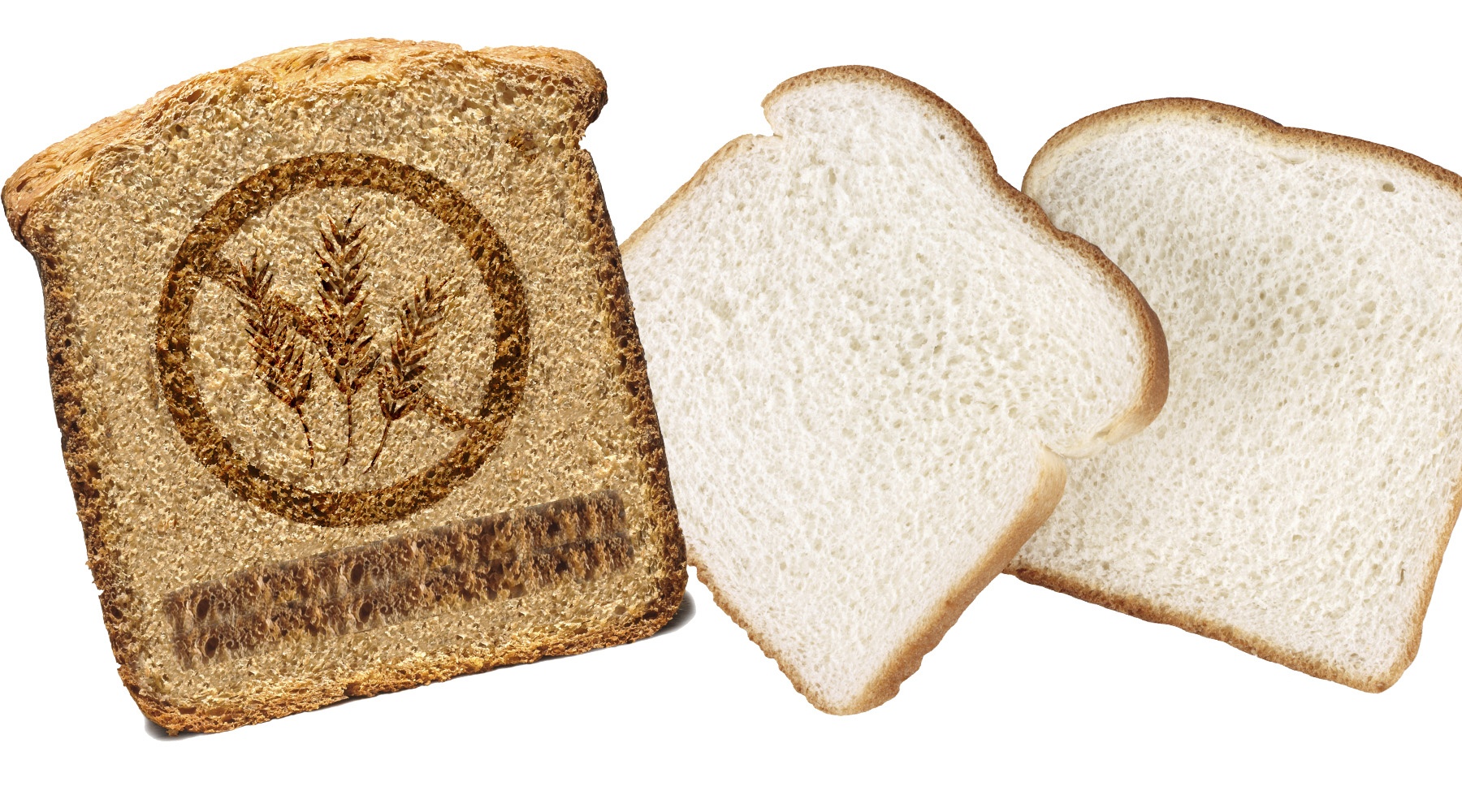Dear Dr. Prescott,
My grocery store now has an entire section devoted to gluten-free foods. As I watch the number of products increasing, it makes me wonder: Do I need to worry about the gluten in my diet?
-Janet Puckett, Edmond
Short answer
Probably not, unless you have celiac disease
Long Answer
Gluten is a protein found in wheat, barley and rye. For the vast majority of people, gluten causes no problem whatsoever and is safe to eat.
But for a very small percentage of people with a condition known as celiac disease, ingesting gluten can cause an abnormal immune system reaction and trigger a wide range of physical problems. In the worst cases, it can be deadly.
Celiac disease damages the small intestine and can interfere with absorption of nutrients, leaving a person malnourished no matter how much food they eat. In children, it can result in a condition physicians call “failure to thrive.”
At OMRF, scientists are comparing DNA samples from patients with celiac disease to those with other autoimmune conditions like lupus and rheumatoid arthritis, where something causes the body to begin attacking itself. Researchers have found that the diseases may share some common genetic roots with celiac, and they’re collecting samples to find more genetic links.
For now, the only treatment for celiac disease is a gluten-free diet. So should we all eliminate gluten from our diets? If you’re in the vast majority of people who feel no ill effects from ingesting wheat, rye or barley, the answer is no. If you suspect health problems with gluten consumption, talk to your doctor or try eliminating gluten from your diet to see if your symptoms subside.
If you experience fairly quick relief, then gluten may be your enemy. For the rest of us, there’s no need to avoid the bread aisle.



